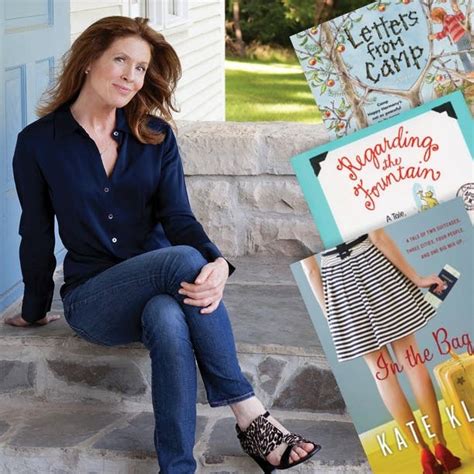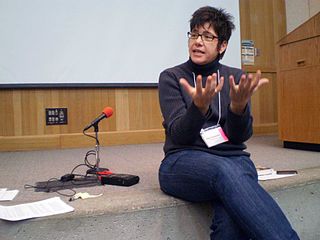A Quote by Cormac McCarthy
The core of literature is the idea of tragedy... You don't really learn much from the good things that happen to you.
Quote Topics
Related Quotes
Sometimes what we call tragedy, at least in the theater, are really case histories. They're based on the central figure, and things happen to that person, and they're called tragedy because they're extremely sad. But tragedy always has a glorious thing happen at the end of it. That's what the catharsis is.
Everybody has a different idea of when those good old days were, but everyone is convinced that there was a time when literature really mattered and that it doesn't now. They also tend to believe that it really matters someplace else - in very improbable places often. Russia is someone's idea of a place where literature really counts.
I'm not good at many things. But I really like songwriting, and I get a good reaction from it. There's not much that I do that causes a good reaction, so it feels like if I want to have good things happen, then I should do the things I'm good at. I mean, in all seriousness, I left school at 15. I'm unqualified to do anything else.
People want the tragedy. They need things to go wrong, they need the tension. In my characters there’s a core of trust and love that I’m very committed to. These guys would die for each other, and it’s very beautiful. But at the same time, you can’t keep that safety. Things have to go wrong, bad things have to happen.
In fantasy stories we learn to understand the differences of others, we learn compassion for those things we cannot fathom, we learn the importance of keeping our sense of wonder. The strange worlds that exist in the pages of fantastic literature teach us a tolerance of other people and places and engender an openness toward new experience. Fantasy puts the world into perspective in a way that 'realistic' literature rarely does. It is not so much an escape from the here-and-now as an expansion of each reader's horizons.
I don't believe that if you do good, good things will happen. Everything is completely accidental and random. Sometimes bad things happen to very good people and sometimes good things happen to bad people. But at least if you try to do good things, then you're spending your time doing something worthwhile.
One of the things that really impressed me about Anna Karenina when I first read it was how Tolstoy sets you up to expect certain things to happen - and they don't. Everything is set up for you to think Anna is going to die in childbirth. She dreams it's going to happen, the doctor, Vronsky and Karenin think it's going to happen, and it's what should happen to an adulteress by the rules of a nineteenth-century novel. But then it doesn't happen. It's so fascinating to be left in that space, in a kind of free fall, where you have no idea what's going to happen.
I'm often drawn to darker subjects. There's a lot of awful stuff in literature - and in life. Every day I read the paper and think how much I'd love certain people to just go away. But the flipside is that much of life is really good and sweet and tender and true. That's another thing pets teach us. That, and the importance of holding on to those good things in life.
You think to yourself, “If one drink feels really good and two feels really, really good, a hundred ought to feel fantastic.” As sane people know, it doesn't work that way. A hundred drinks feels terrible. Bad things happen. But the addict keeps at it, thinking at some point it's going to get good again The point is to not feel what you're feeling. The problem is, you become someone you never thought you would become, and you have no idea how you got there.





































